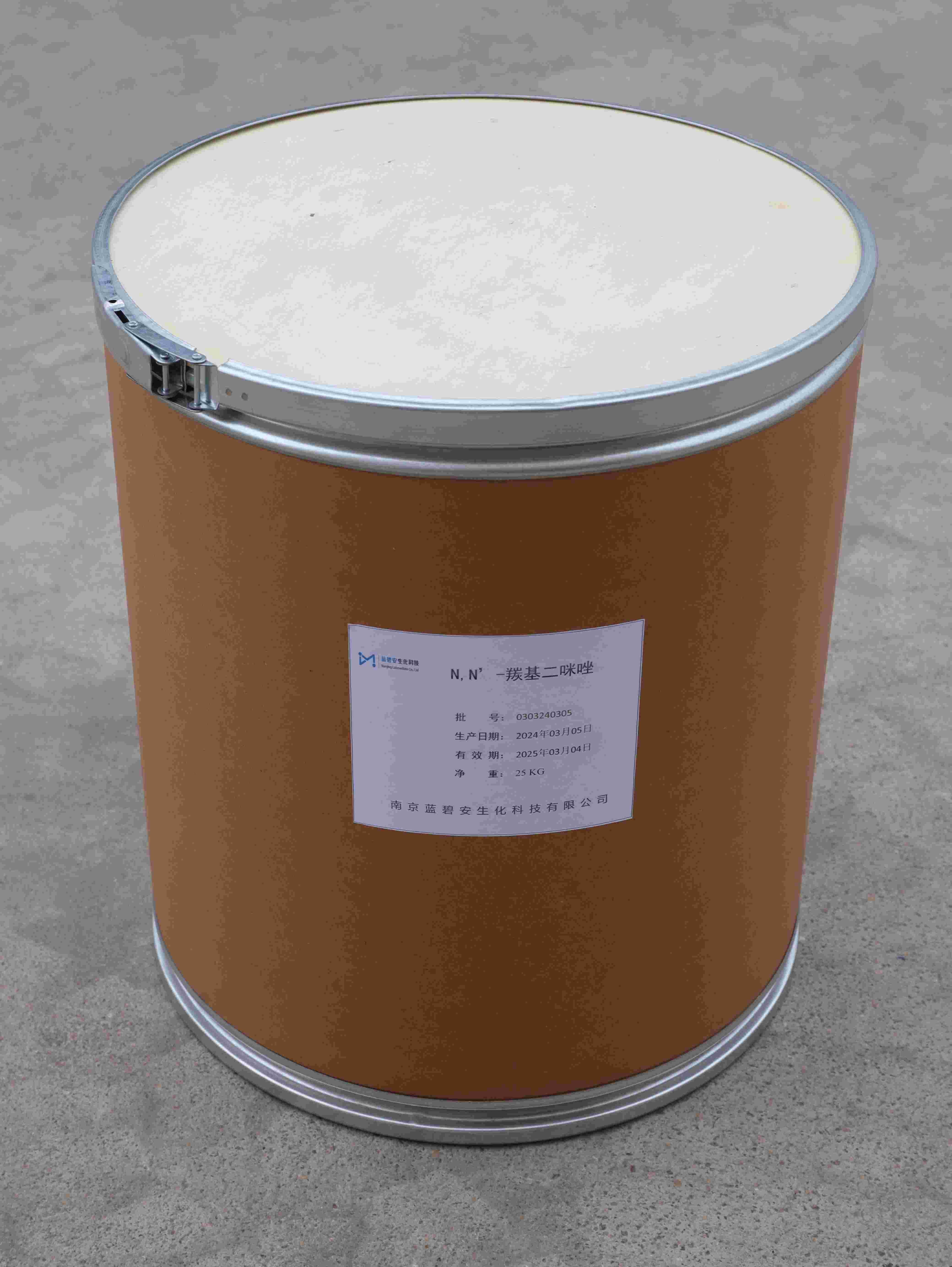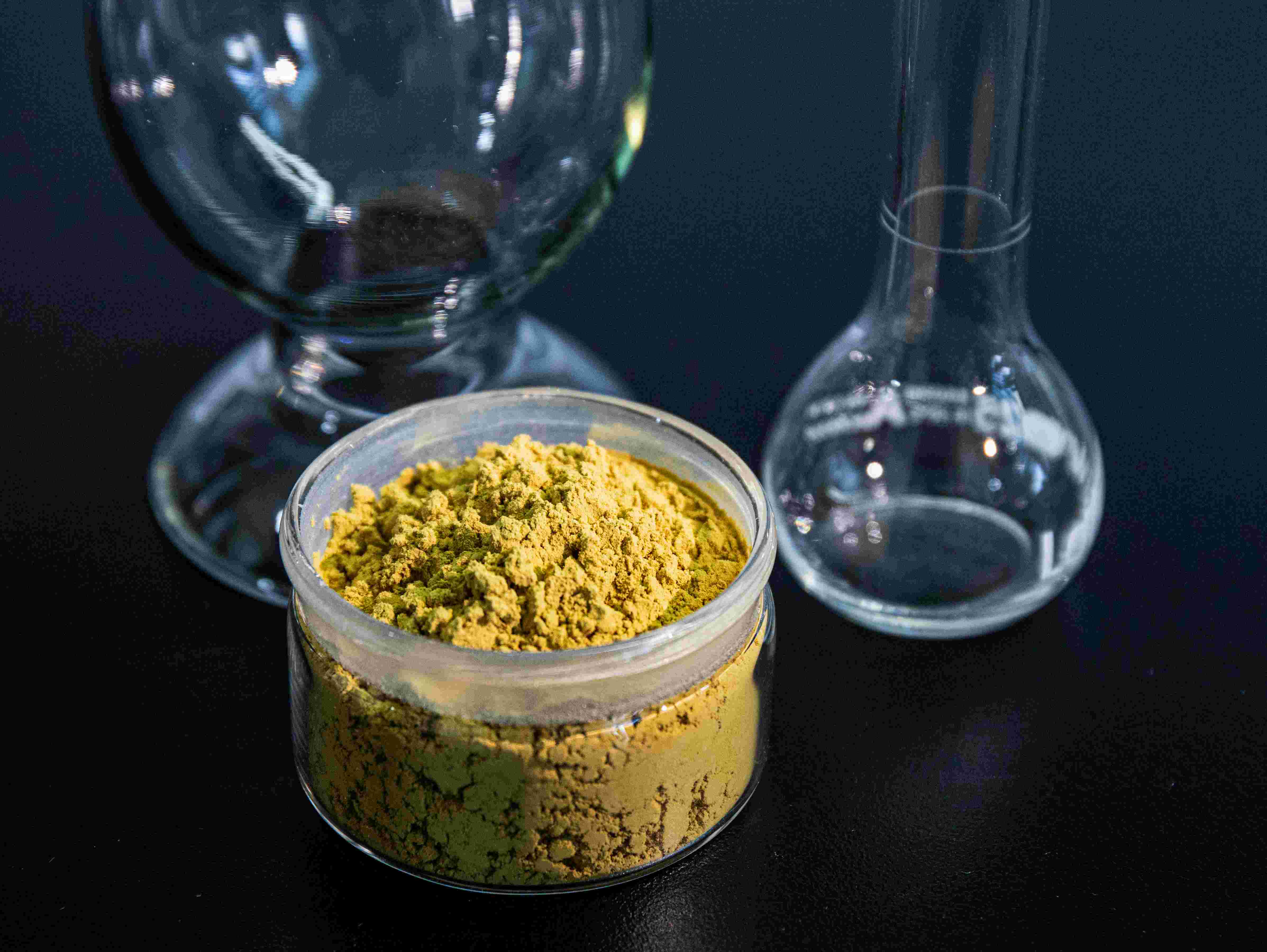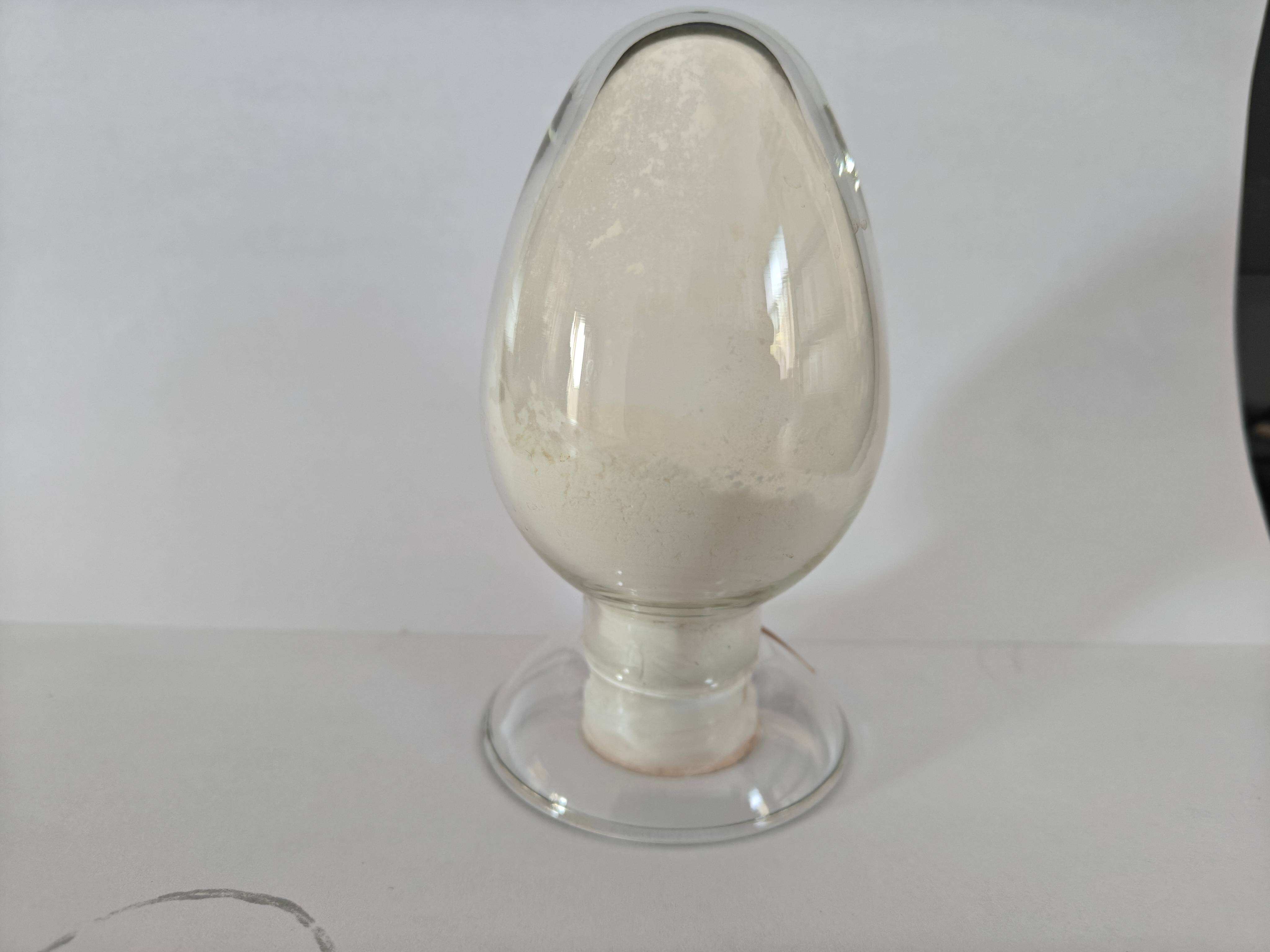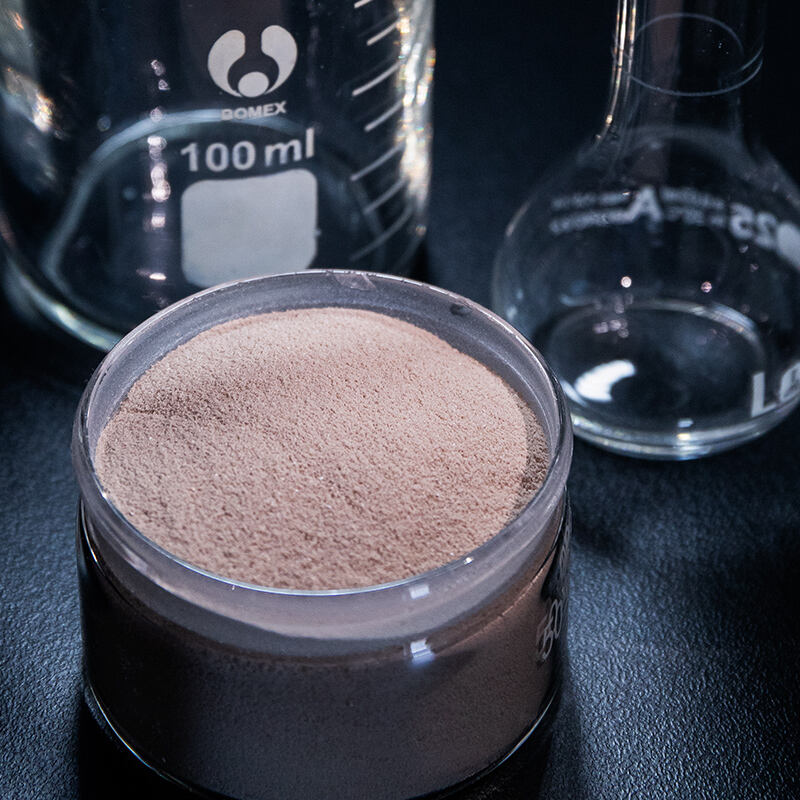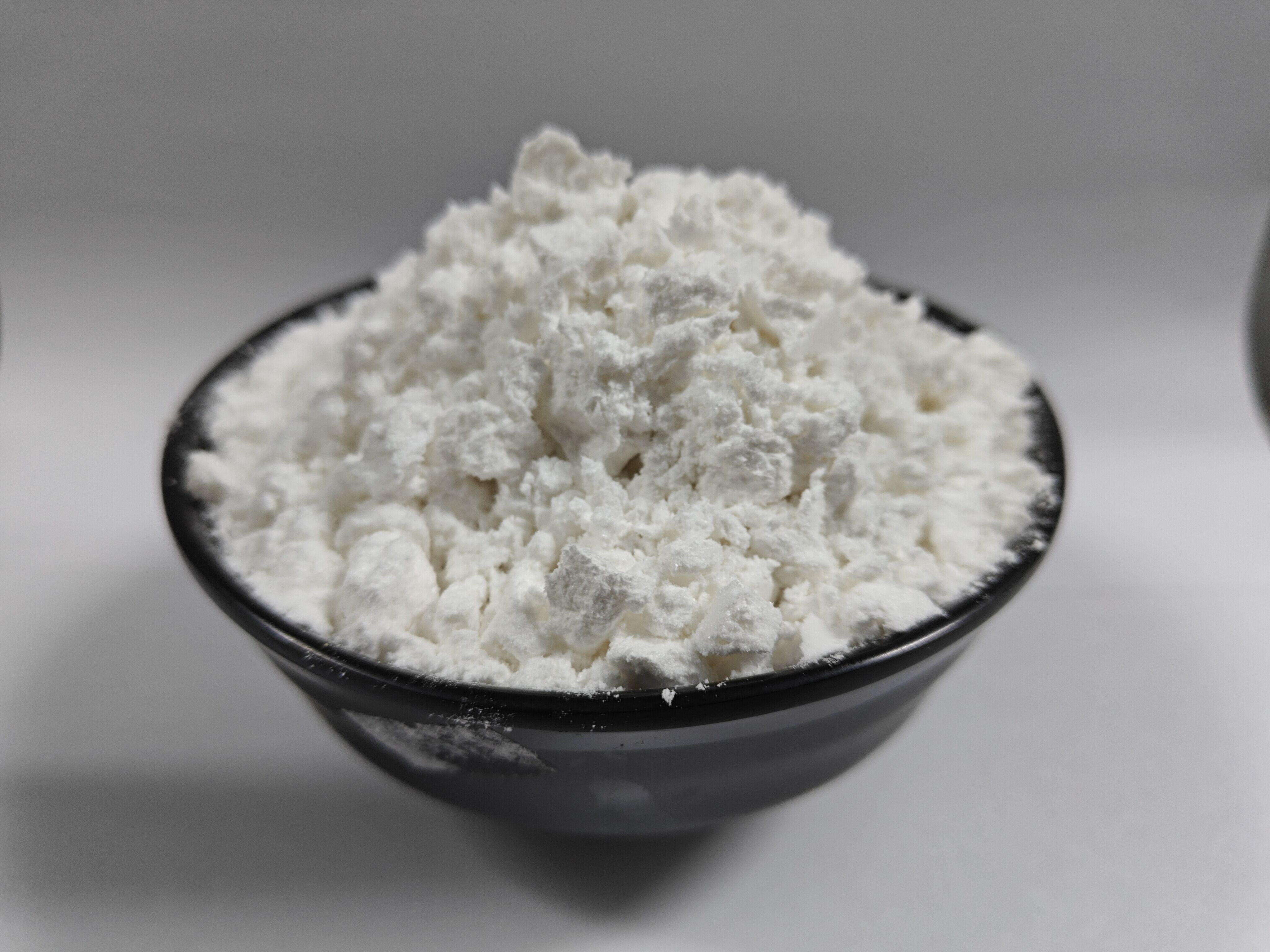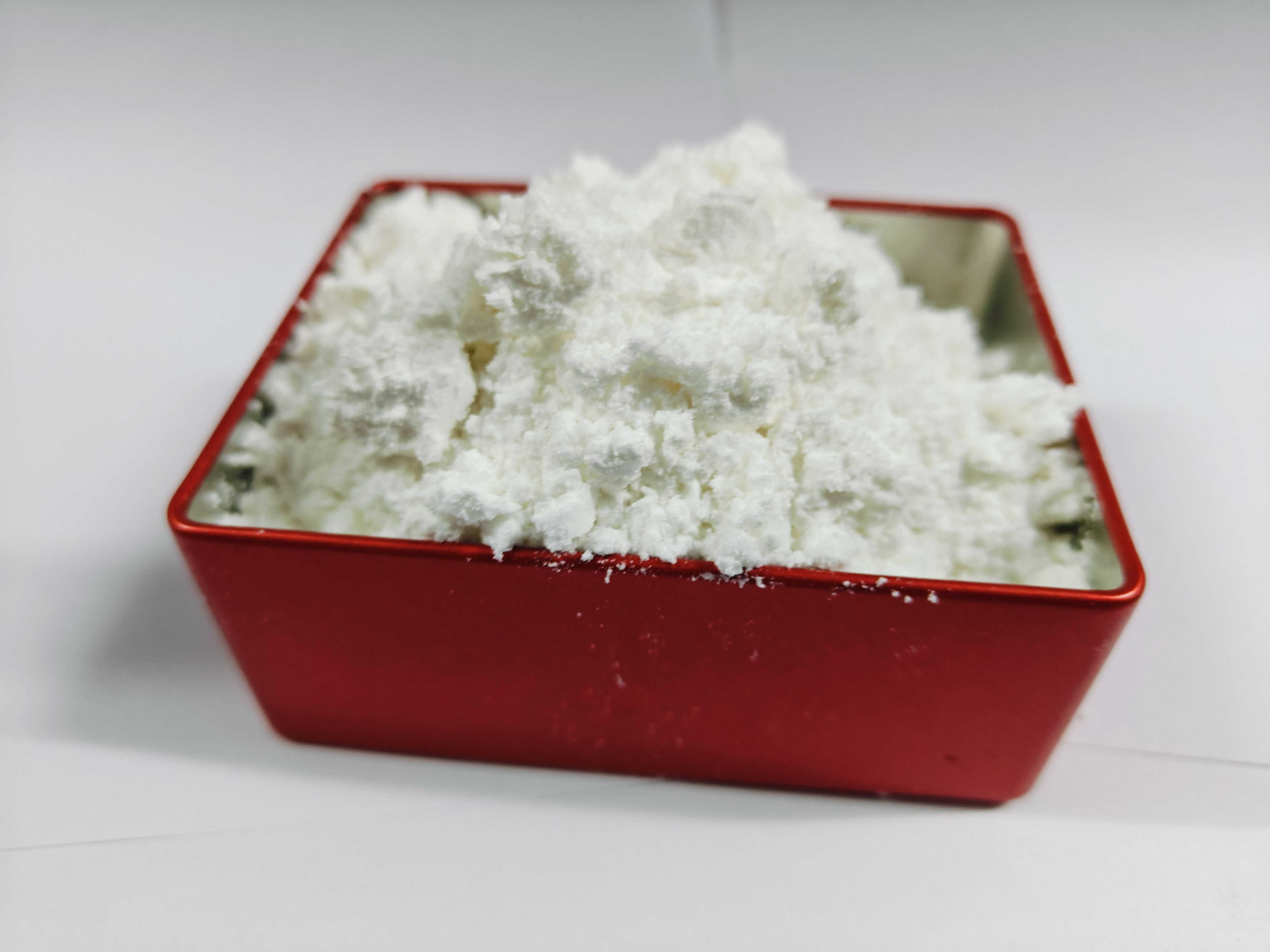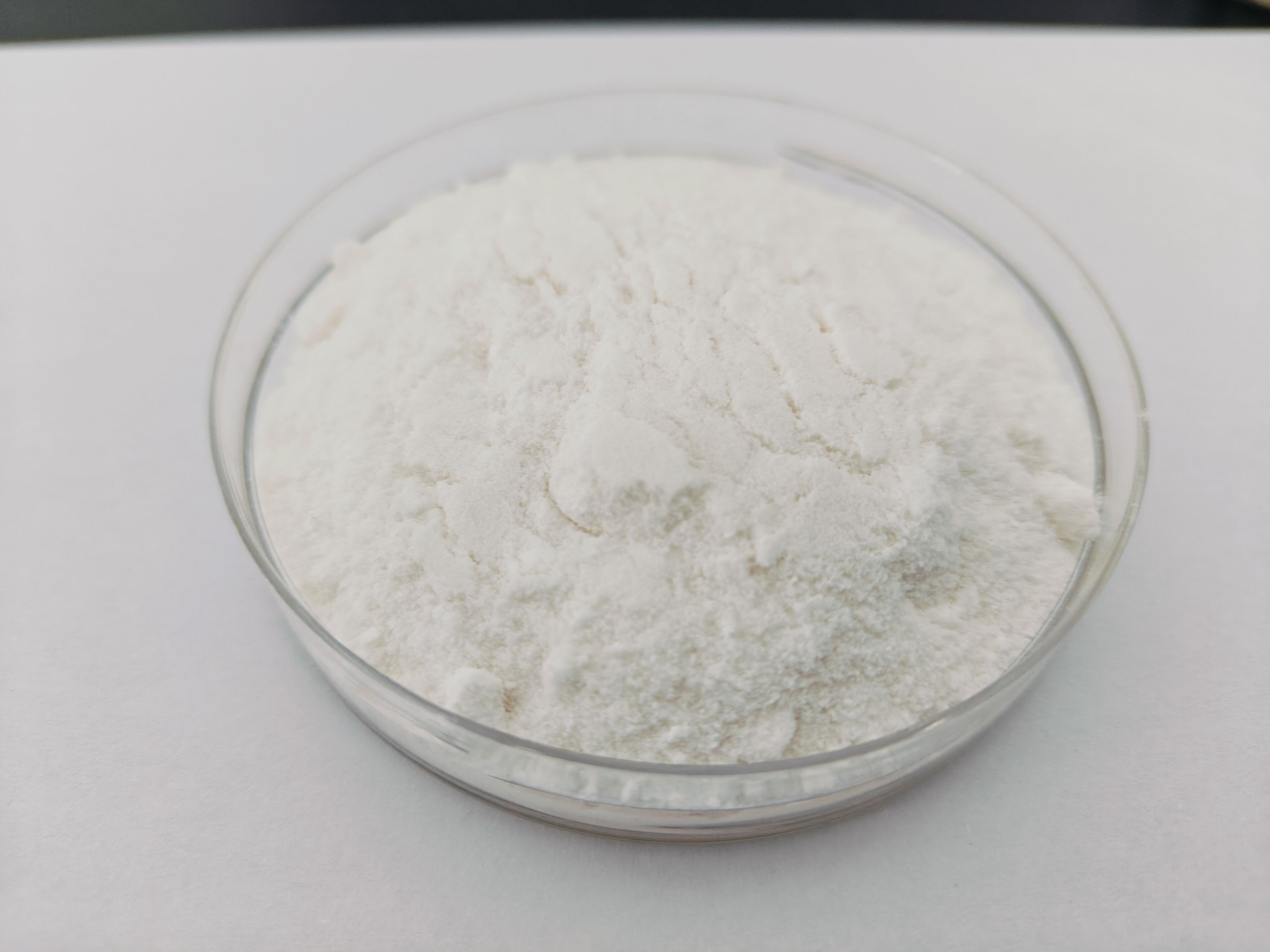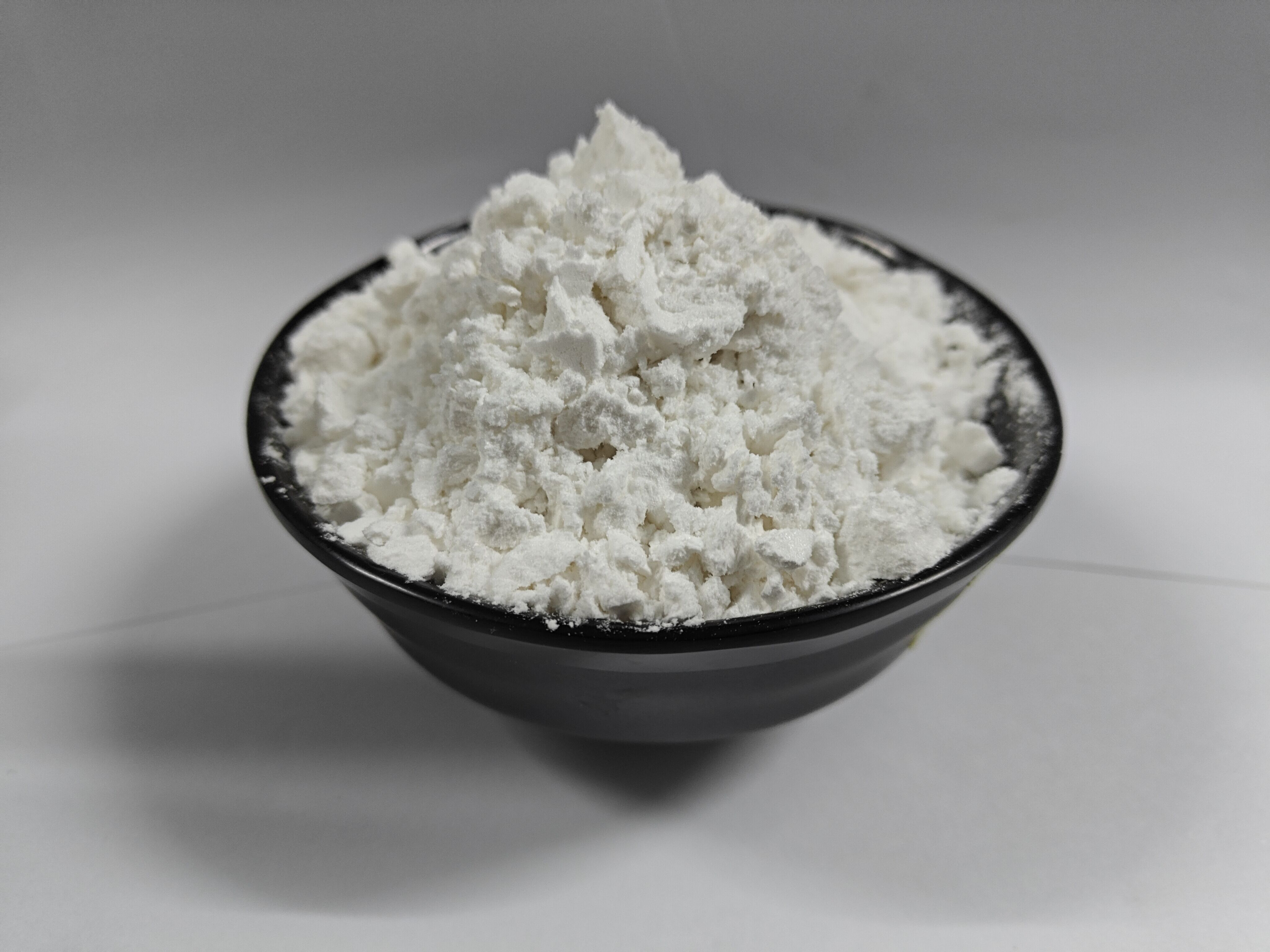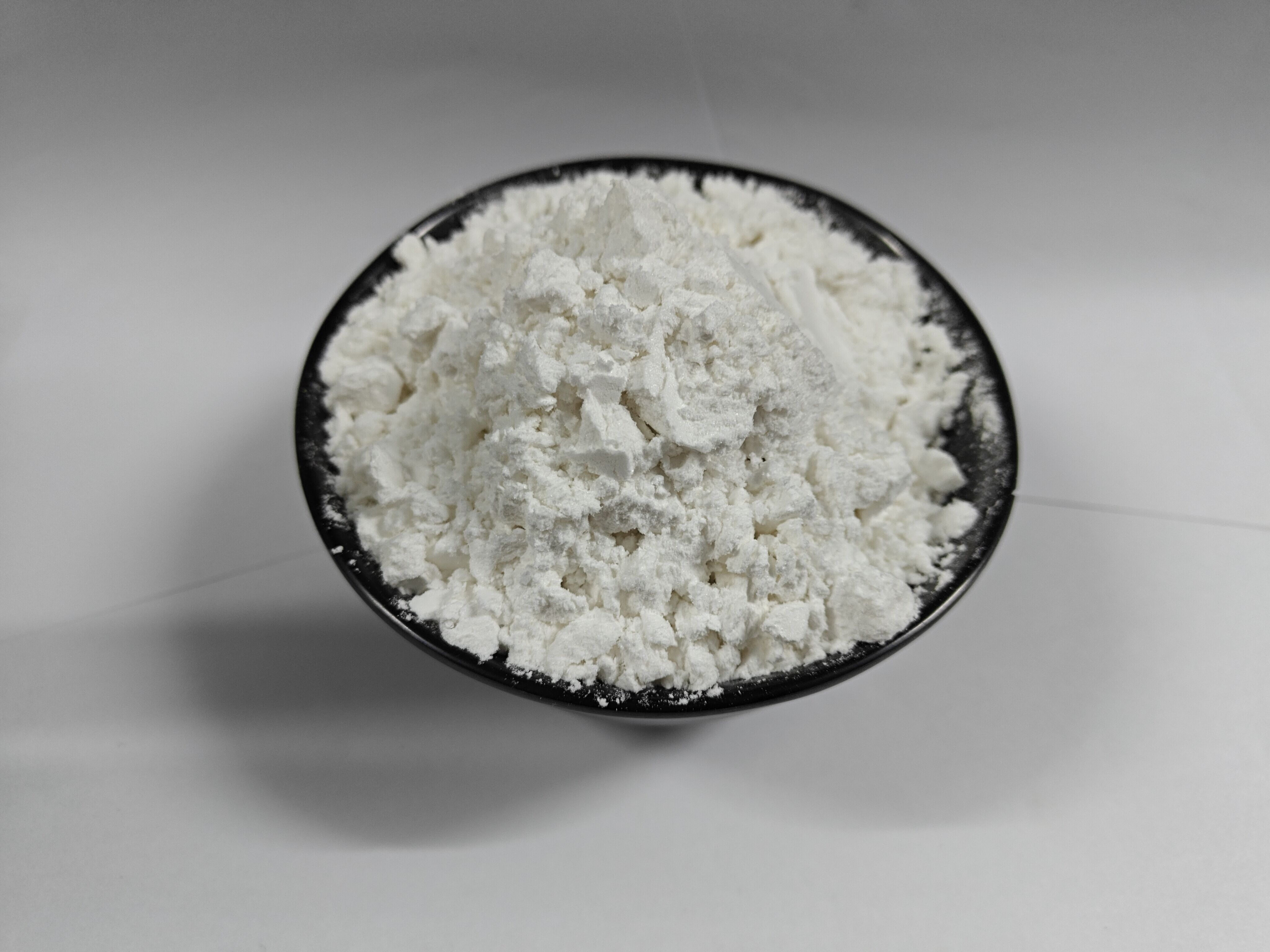reactivity of cdi
The reactivity of CDI (Carbonyldiimidazole) represents a crucial aspect of modern organic synthesis and chemical processing. This compound demonstrates remarkable versatility in its chemical behavior, primarily functioning as an efficient coupling reagent and activating agent. CDI's reactivity is characterized by its ability to form active intermediates through nucleophilic substitution reactions, particularly in the formation of amides, esters, and other carbonyl derivatives. The compound exhibits selective reactivity with various functional groups, making it invaluable in pharmaceutical synthesis, polymer chemistry, and materials science. Its molecular structure enables controlled activation of carboxylic acids, allowing for precise coupling reactions under mild conditions. The reactivity pattern of CDI includes rapid reaction with primary and secondary amines, alcohols, and thiols, while maintaining stability in aprotic solvents. This unique combination of selective reactivity and stability has led to its widespread adoption in industrial applications, particularly in the synthesis of peptides, modified proteins, and specialized polymers. The compound's reactivity can be fine-tuned through temperature control and solvent selection, offering researchers and manufacturers exceptional flexibility in reaction design and optimization.

